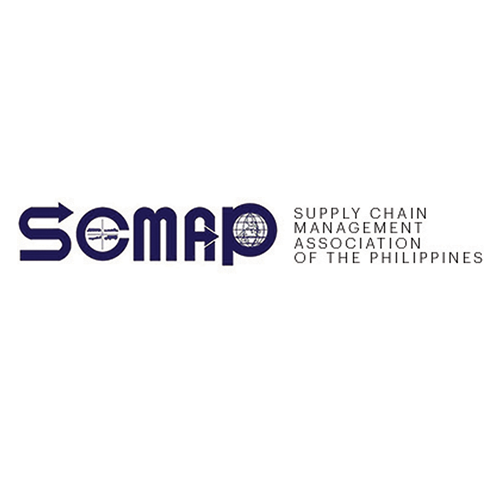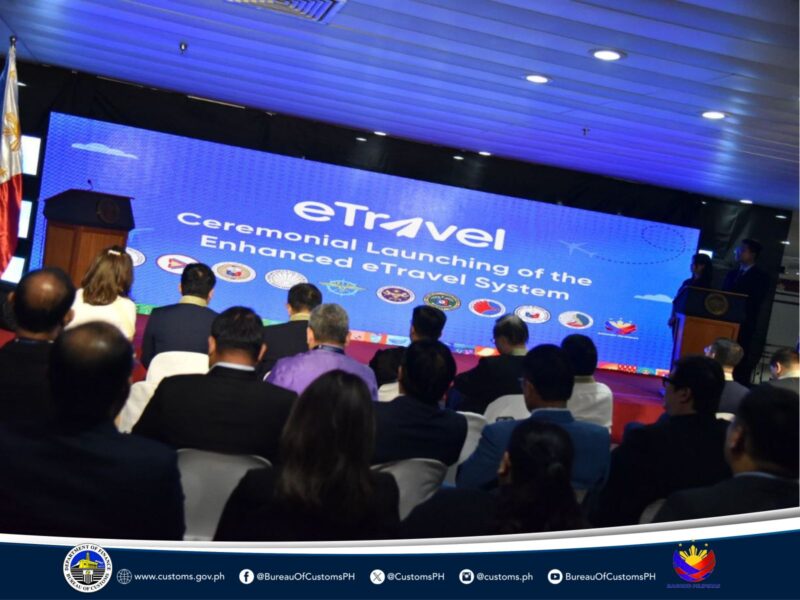One of the more interesting anecdotes I have come across in the last few weeks comes from a colleague who recently visited South Korea for a business trip. They were telling me about how the supply chain professionals they met there were very much keen to learn from their counterparts in the Philippines, citing our rich experience in the complexities of logistics.
Understandable. Domestic logistics alone, in this country of over 7,600 islands, is complex and full of challenges. Add to that underdeveloped infrastructure (not that I’m suggesting supply chain managers in countries where movement of goods “just works” has an easier time), high logistics costs and regional nuances in customer (and partner) preferences, and the typical Filipino supply chain manager would have a lot on their hands.
It sometimes comes up in conversations among colleagues, how Filipino supply chain managers are some of the best in the world. It’s easy to dismiss this as anecdotal, a bid to boost national pride whichever way one can, but there’s truth in that statement. In my many years with this organization I have met many supply chain veterans who have worked regional and even global roles. That’s not to mention the many others who do not work directly in supply chain operations, but whose roles provide them with visibility on various logistical challenges and opportunities.
I’ve had all these in mind after coming across news of Hong Kong being keen to take part in the Regional Comprehensive Economic Partnership. RCEP, as you may recall, is a broad free trade agreement among all ten members of the ASEAN, including the Philippines, as well as five of the bloc’s biggest trading partners: Australia, China, Japan, New Zealand and South Korea. (India, I must note, was also part of the negotiations, but ultimately backed out.) Last week, Hong Kong’s chief executive, John Lee, said he was actively pursuing membership in the FTA for the city; he says that the city, home to one of the busiest sea ports in the world, can offer high-level supply chain management services to enterprises within the RCEP. It’s par for the course, considering Hong Kong’s pitch over the last few years to businesses of supply chain expertise, a business-friendly environment, and access to the vast Chinese market, particularly with the development of the Greater Bay Area.
Would we in the Philippines be able to do the same? Can we offer our logistics expertise more easily to our trade partners in the region? It’s not as straightforward as it looks. The RCEP’s provisions on liberalized trade in services focuses more on the ability of enterprises from RCEP member countries to enter another market within the FTA – imagine, say, the likes of 2GO opening an office in Singapore. In reality, the direction of travel in the Philippines has been more on allowing foreign logistics players in, thanks to amendments in the Cabotage Law and the Public Service Act. This hasn’t necessarily translated to foreign talent taking over; we instead saw outside entities either expand existing offices or tap local talent to lead new ones. That also means little change in the way Filipino supply chain talent moves to outside of our borders; these tend to be internal appointments, people being promoted to regional roles within the same company.
But then again, the impacts of free trade agreements like the RCEP don’t come fast, so there are other ways we can share our supply chain expertise with our neighbors. As the Philippines opens up further to international markets, we continue to offer our talents to brands and businesses looking to navigate our complex logistics landscape. This, we can do more easily, but the challenges we face are more familiar: absorptive capacity, particularly during peak periods; limitations in infrastructure; reluctance to embrace technology; and of course, high costs compared to our neighbors. Of course, the larger players have been aggressive in investing in new facilities and technologies, but smaller players still have some catching up to do.
The other approach starts at the bottom. Can supply chain talent on the warehouse floor pursue similar opportunities abroad? Again, not so straightforward. While efforts are ongoing to unify skills and competencies in this field across countries, the demand for foreign logistics workers in the region isn’t quite robust. Perhaps the impression is that these lower-skill roles are not worth bringing talent from outside over – either you have cheaper labor locally, or you can bring advanced warehousing equipment in. Perhaps there’s little appetite for those workers to move abroad for the same role – they’d hope they’ll step up the job ladder before flying out, perhaps a supervisory role.
So the next question is pretty similar to the one I posed in my last column: how do we prepare our warehouse personnel for such roles? How many pathways are available? There is, of course, experience gained on the job. But the other path – continuing education – may be out of reach for most of them, which is a shame, as that can offer a more holistic view of supply chain operations, as well as its impact on business. Our best talent can navigate domestic and international complexity because of this big-picture perspective, and it’d be a shame if the majority has difficulty accessing this.
Henrik Batallones is the marketing and communications director of SCMAP, and editor-in-chief of its official publication, Supply Chain Philippines. More information about SCMAP is available at scmap.org.
PREVIOUS COLUMN: The Pipeline






